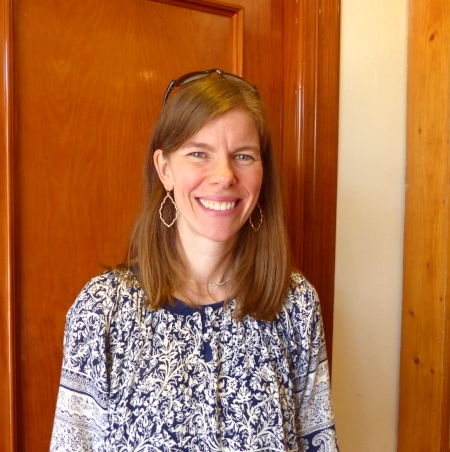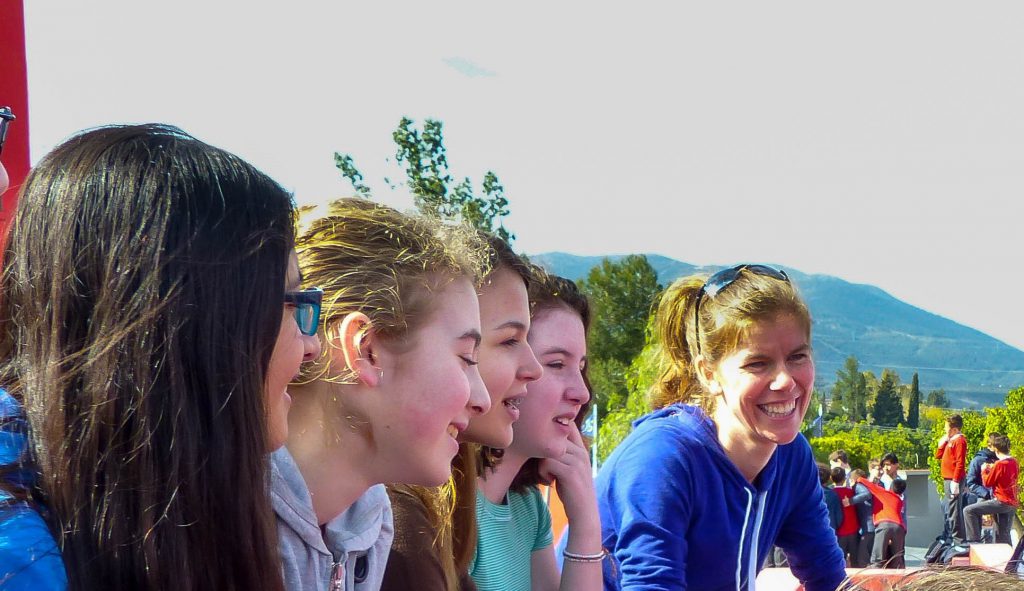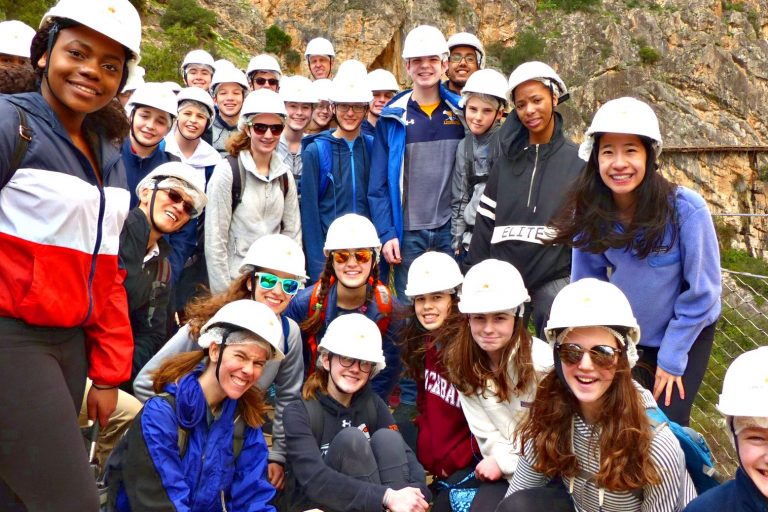Teacher’s Perspective: Benefits of a language immersion trip in middle school
After participating in a Spanish immersion program in Costa Rica at the age of 15, Sarah, a Spanish middle school teacher from Arlington, MA, wanted to give her students a similar authentic experience abroad.
“Many of our kids come from families who travel,” Sarah explains, “but this is a unique opportunity that allows our students to experience a homestay with a local Spanish family and interact and engage in their typical daily schedule.
Last spring, Sarah gave her eighth graders the opportunity of lifetime – taking them to Málaga, Spain for a 10-day Spanish language immersion program.

Helping middle schoolers embrace the homestay experience
Having traveled abroad as an adolescent, Sarah understood the concerns of her middle school students and their parents regarding the homestay experience. Yet, she was confident that, despite their young age, her students would thrive traveling to Spain with their classmates and living with a host family.
“Part of this program is about being a little bit brave and accepting that you´re not going to be coddled every step of the way and that that’s OK,” Sarah explains.
Sarah’s inclination proved right. Once in Málaga, her students quickly found their rhythm, embracing the malagueño lifestyle, food, and even schedule. For many of her students this was a great step in gaining more independence as they prepare for the transition to high school.

Learning about cultural differences through cultural immersion and misunderstandings
Sarah recalls her middle school students’ struggle to order lunch during their trip to the Caminito del Rey, Spain “My students could not get the restaurant staff´s attention and thought the waiters were ignoring them.”
She explained to her students the service at a caféteria in Spain can differ from their experience back home, emphasizing how customs and norms around something like ordering food vary across cultures.
This teachable moment was true cultural immersion and allowed her students to recognize the experience as “not judging such cultural nuances, but simple appreciating and experiencing those differences.”

Choosing between an educational tour and a homestay for middle schoolers
When asked why she chose a homestay and cultural immersion program instead of a traditional student tour for her middle school students in Spain, Sarah explains that for her a tour “pales in comparison to what they get to do by living a day-to-day lifestyle.”
She highlights her students’ personal growth and boost in self-confidence in being able to live by themselves in a foreign country.
She adds, “We still get to go on tours – we get to savor the Alhambra and get those sensory experiences, but the best thing is experiencing daily life.”
Tips for traveling teachers
With young children at home and a full class schedule, Sarah was hesitant to serve as a teacher chaperone. “I didn’t think I wanted to go” she says, but now she is glad she did, saying, “I got to build a different relationship with the kids here and see them at their best.” She understands the concerns of many teachers in leaving behind their families and classes to chaperone, but she suggests they go for it. “Traveling with Forum, I am able to keep up with my substitute at home, enjoy my time in Spain, and make sure my students are safe – it´s been a ten.”
See our top destinations for Language Immersion programs.

Leave a comment